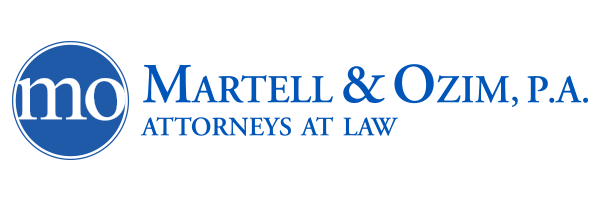Fining Procedures – Converting Fine to Assessment
Many of our clients, both condominium and homeowners’ associations alike, often ask about the proper procedures for issuing and collecting a fine. In our previous blog post titled “Fining Procedures – Issuing a Fine” we discussed how both condominiums and homeowners’ associations properly issue a fine. This blog post will focus on converting a fine into an assessment.
As you’ll recall, a condominium association’s fine cannot exceed $1,000.00 and cannot become a lien against a Unit. Thus, a condominium association’s fine cannot be converted into an assessment and placed on the Owner’s account ledger.
Conversely, a homeowner association’s fine can become a lien against the Lot if the fine is at least $1,000.00 in the aggregate and depending on your governing documents the fine may be able to exceed $1,000.00. Because Florida Statutes provide that homeowners’ association fines may be converted to liens, the Association may move forward with such actions so long as the Association properly converts the fine to an assessment. Once the conversion is complete, the Association can add the assessment to the overall account ledger for the Owner. Therefore, if a fine is unpaid, the Board should hold a meeting to levy an assessment against the Owner for the amount of the fine.
It is important to emphasize that you may only convert a fine to an assessment if it equals or, if your governing documents permit, exceeds $1,000.00 per violation. Please note that you may not combine two (2) separate violations to reach the $1,000.00 minimum requirement to lien for the fine.
Pursuant to Section 720.303(2)(c)2, Florida Statutes, the Board of Directors must provide the fined homeowner at least fourteen (14) days advanced written notice of the Board Meeting at which the homeowner’s fine will be converted into an assessment. The written notice must also include a statement informing the homeowner that the Board will consider assessing the homeowner for the fine at the Board Meeting.
Always confer with your legal counsel to make sure your following all of the appropriate steps contained in your Governing Documents and Florida Statutes. Our Firm recommends that both condominium and homeowners’ associations have a written fining policy in place, thoroughly outlining the fining process, including issuing a fine and subsequently converting the fine into an assessment.
Please stay tuned for more condominium and homeowners’ associations content. As always, please do not hesitate to contact our Firm for any of your community association needs.



